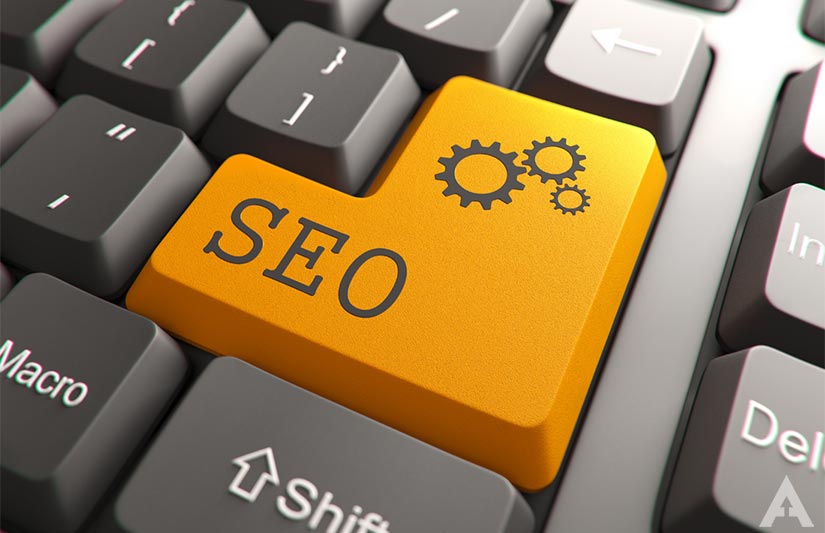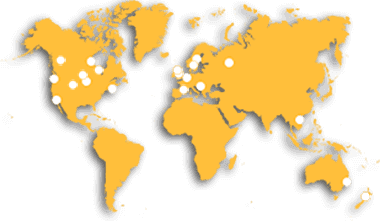
Search Engines Take SEO to A Whole New Level
You may remember how easy it was to rank a site just a few years ago. In fact, if you used the right software, the right keywords, and the right backlink structure, you could effectively position yourself on the first page of any search engine.
Quantity was important, both in numbers of ways to use the keyword phrase, and also, in how many backlinks you were able to acquire. Quality very rarely entered into the equation.
Reversing gears for a minute, if you are not fully aware of what it means to rank a site or what the term SEO implies, here are a few facts:
- Ranking a site means getting it on the first page of a search engine and typically in the first three spots, or at least “above the fold”. When a user types in a search string, the goal is to hold the highest position in the results that are returned to the user and thereby be the first on offer.
- Previously, one of the most common ways to rank was to know the exact search string that any given user might type into the search engine. This was accomplished by using both free and paid tools that basically grabbed information from the various search engines and reported back to site owners and developers, the exact words or phrases and how many people searched using that specific string.
- SEO, the expanded term being “search engine optimisation”, is the utilization of specific elements and tactics in order to cause the site to rank and to cause the site to be number one in the eyes of the search engines. Unquestionably, it is a form of manipulation with the end goal of holding the first position in a user’s given results, to obtain all or most of the available free traffic.
SEO Shenanigans
Consequently, a very large industry was created to service the SEO market. It consisted of numerous and various methods of helping a site owner to rank for a particular keyword phrase. Some of those paid services were:
- Writing fake reviews on third-party sites around the internet
- Setting up profiles on forums and providing very little if any contribution to the community
- Building social media pages leaving them abandoned after the first post
- Using software to send out thousands of links and comments at one time
- Adding spun content to legitimate sources such as free blogs and article directories
These types of services are what we have always emphatically called “shenanigans”. And now, it appears as though the search engines are tired of the games themselves. The bottom line is, these kinds of businesses or entities provide no real value to the search engines’ users, and thus, major movements are taking place on the internet to penalize or even de-index these types of sites.
Let us take Google, for example. To begin to identify sites that were using poor content either in the way of spun content (content created by a machine or software, instead of a human) or sites that provide gibberish to fool the search engines. Google began hiring humans to review flagged sites in the system. As a result, the Panda update was rolled out. It directly affected spammy sites offering poor quality. Thousands of sites were relinquished to the bottom ends of the search results, many more were completely de-indexed.
Next, the company went one step further. Management basically decided that if a site did not have the right kind of content and only had merit on how it got to the first position through SEO tactics and not by natural methods, they would work to remove those sites, as well.
This algorithm update was subsequently called Penguin and it sought to remove or penalize sites that were purchasing/hosting links specifically created for SEO purposes. In other words, sites that used fake methods of ranking, both on-page and off-site.
What makes this discussion significant is the fact that we have always maintained that these methods were not sustainable. It has always been our opinion that at some point in time, there would inevitably be consequences for these reckless actions. Thus, we have consistently used natural methods of promotion and marketing both on our own web properties and, of course, those of our clients.
SEO is not about loopholes and magic promises, it’s about optimising your site for speed, performance, quality and relevance. It’s about ensuring that your visitors always get the optimal experience of your online presence, no matter where they come from or what device they are using. This takes time, effort and knowledge.
The truth is building an online business – or an offshoot of your offline business – is a complicated business model. Reputation and trust are not built through software generated methods. Today’s brand is built upon honestly, excellent customer service, feedback, social signals, being known in the community in which you are an expert and finding other businesses who legitimately wish to speak about your services or your company in a positive manner.
Additionally, the idea of SEO has now come to the point where traffic cannot solely be derived from organic means. Bluntly speaking, the free ride is over, as only one website can hold the first position for any search string. The results pages are, more and more, being commandeered by paid results. Sponsored results are more prevalent in today’s search engines’ business models. As a result, PPC advertising has achieved greater importance in marketing and promotion. Usually, a combination of both strategies is most successful.
For quite some years now, we have been managing Pay-Per-Click for both clients and ourselves. Our specific expertise lies with campaign strategies and analysis utilizing Google Adwords and Facebook Ads.
For companies to thrive in today’s online environment, a balance between organic traffic and paid traffic must exist. And the balance is not a simple fifty-fifty split, as Google has stipulated on numerous occasions through the years that just ranking on the search engine results page is not a viable business model. Again, this is confirmed by Google de-indexing hundreds of thousands of websites last year in the latest PBN cull.
Simply put, in the eyes of Google, your traffic must come from other viable sources to be considered a real business. Our advice? Become more social!
If you need assistance with your Search Engine Optimisation or PPC ad campaigns, feel free to contact our professional consultants for help in discovering precisely what it is you need to succeed.

Your New Secret Weapon
If you’re looking for professional assistance to help get your site in tip-top condition and back on to the elusive first page of Google,
Get In Touch with Us Today –
That’s why we’re here!
Other Relevant Articles
- Core Web Vitals: A Brief Overview
- Making Money with Positive Change:
Low Carbon Web Design - Why Page Speed is Crucial
- The Era of Mobile-First Indexing
- Social Signals – An Essential and Modern Way to Conduct Business
- Search Engines Take SEO to A Whole New Level
- Marketing and Promoting Your Business Online
- Why You Need an Online Marketing Strategy Today
- Is Your Site Really Mobile-Friendly?
- Why You Should Never Undervalue the Importance of Branding
- Not All Hosting is Created Equal
- So, You’re Looking For a New Website?
